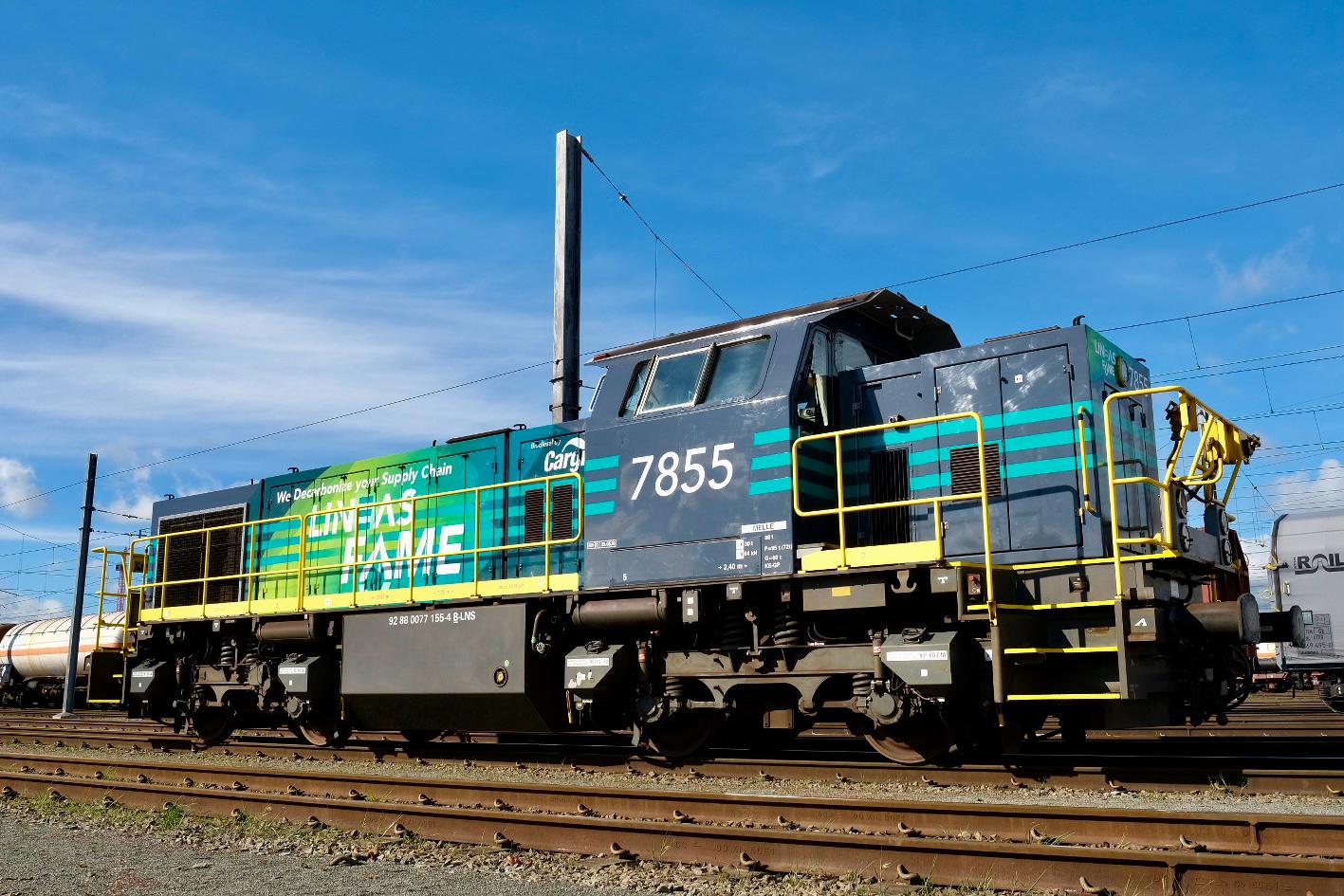
Lineas presents first locomotive running on used cooking oil

Lineas has presented its new FAME locomotive, a milestone in sustainable transport innovation, dixit the company /Lineas
At North Sea Port Gent, railway operator Lineas presented its new FAME locomotive, which runs on used cooking oil. The FAME locomotive resem


Comments
Ready to join the conversation?
You must be an active subscriber to leave a comment.
Subscribe Today